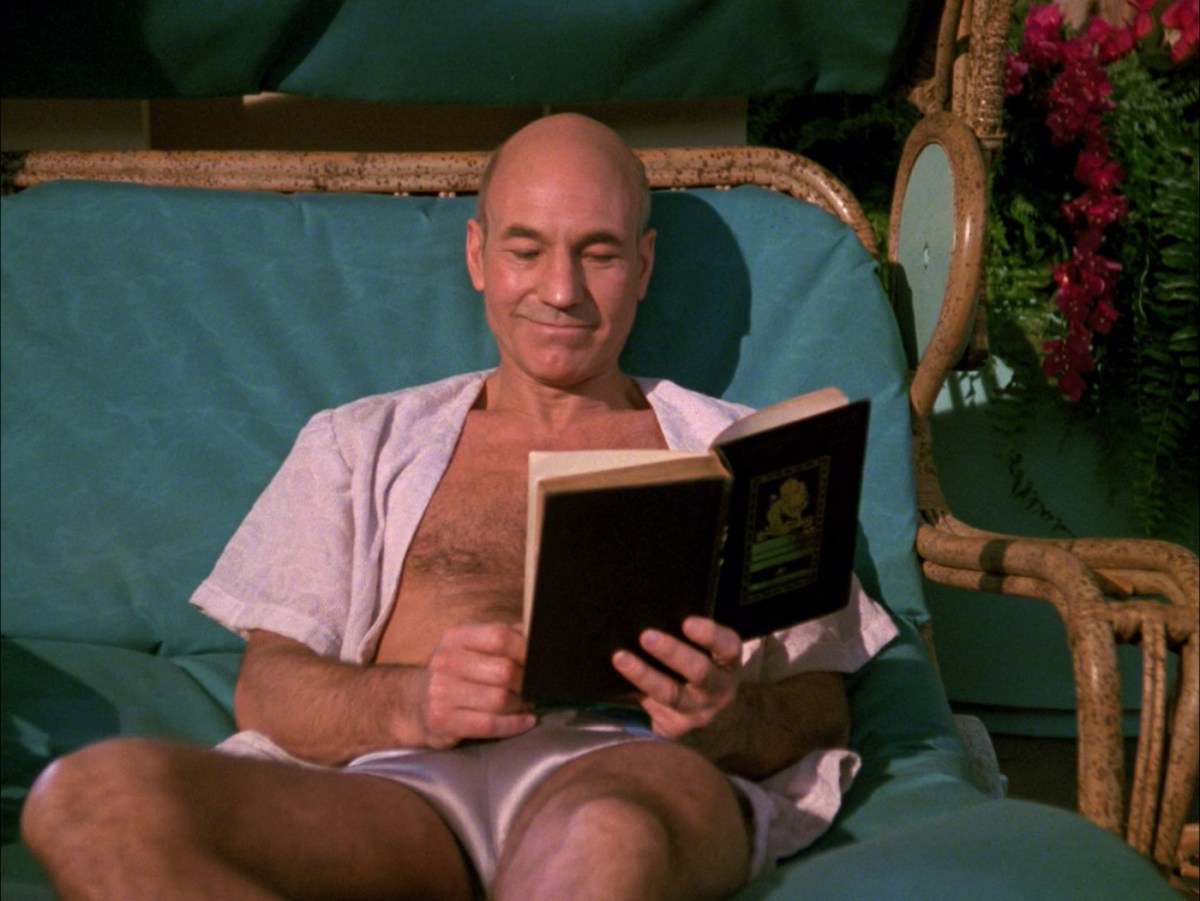You guys think you're being too dire about the indie filmmakers situation? lol. I've only seen about 20 loners make it across the entire history of film. I think 180 people got struck by lightning last year, vs 20 actual one person projects making it over the last century. There's just more dimensions to the full path than people seem to realize. A great story is like being the best formula 1 driver. You're not even close to winning the race. After you become the best, you'll need a million dollar formula car, then years spent qualifying and integrating into the pro circuits, waiting for race days, dealing with maintenance problems, keeping your skill up one 5,000 dollar tire at a time as you blow through 12 race tires a month on days with no income. Then the grueling final race, as huge corporations try to pile advantages on another driver that isn't as good as you, but has sponsorship deals to sell things for the companies. After you've jumped through a series of hoops so expensive that it would drown any person of normal income, regardless of how hard they worked, you'll still have teams of unimaginative blank eyed people funded and coordinated to make sure you don't have a chance, because that protects the interest of those with entrenched wealth that they don't really have to work or think to accrue. That's the story of every large corporation interacting with an optimistic artist for about the last 30 years. I do think things used to be different, but it's all second hand and conjecture.
Point being, film is a larger scale effort designed from the outset for teams. Social media algorithms and the offense/outrage/polarize echochamber from every political side has turned social cooperation towards shared goals into a nightmarish tower of babel situation. Since a lack of teams and cooperation spells certain doom for anyone that wants to make a film, or build a building, etc, and people now only cooperate when paid to cooperate, we've created a system where the only possible event sequence is a person with disposable wealth handing out huge sums of money to other rich people for trivial tasks such as having a conversation in a room for 20,000 dollars per hour, understanding that they don't actually have to be good at budgeting because they are in a situation so good that every action, regardless of how stupid it is, results in a financial win. I think that film in the market is such a chaotic commodity by nature that even the idea of trying it as a conventional narrow margin business is kind of ludicrous. It only becomes managable at a huge aggregate level, which is what the studios are. Make 100 overpriced films, people really like 3 of them, and they skim by with a "disappointing" 33% revenue growth from a 97% failure rate. Slight exaggeration, but not as much as you'd imagine. Simultaniously, keep in mind that the people inside the system got paid BEFORE any of those films were successful. They could afford lawyers and unions and were in a cash rich environment where an AD on Ishtar likely took home more actual cash than the writer director of the Blair Witch Project took home AFTER the movie sold.
You saw them throw away 90 million dollars a few months ago by canning a finished film? Then they paid a teenager 500k to wear a costume for 22 days, and dropped 25k, so they could play a pop song for 15 seconds. Does that sound like a business model that would work for one of us if we tried it? Basically the bicycle gets easier to pedal as the team grows, and you're pedaling as hard as you can with your best idea, and they are coasting with their worst idea, and society says that their value is thousands of times what ours is as they "earn" more money in a day than a hardworking and ethical person makes in a year. That creates a feedback loop where people can stack advantages. Pretty soon everyone except the nepotism caste can just forget about it, and you're in a legit dystopia.
TLDR - You're totally screwed as a filmmaker if you can't build a team. It's 2022 and every person on earth is the captain of their own team, even if their contribution is "what if the story had a person in it". You can bribe people to form a team and overcome this, using the money you got from making films because your family already had money. If your family does not have lots of spare wealth, you'll need to make a bad film first, and then you'll be labeled as a failure, and that label will be used to deny you the investment you'd need to improve.
It's....... not a great situation in my view.




